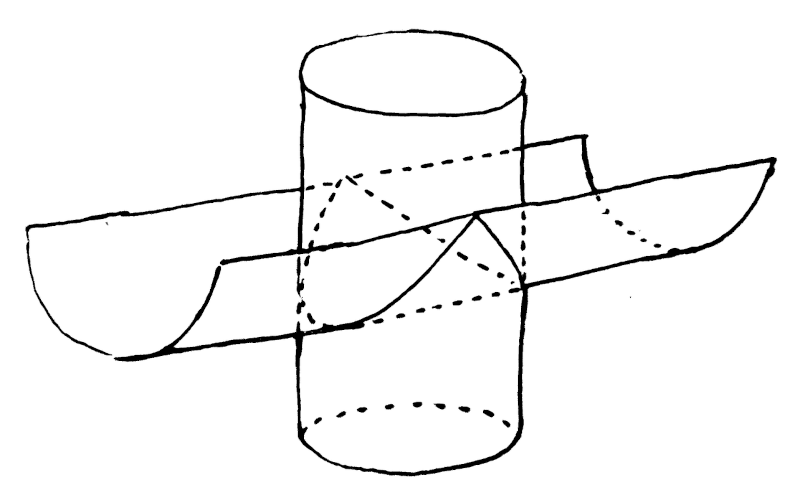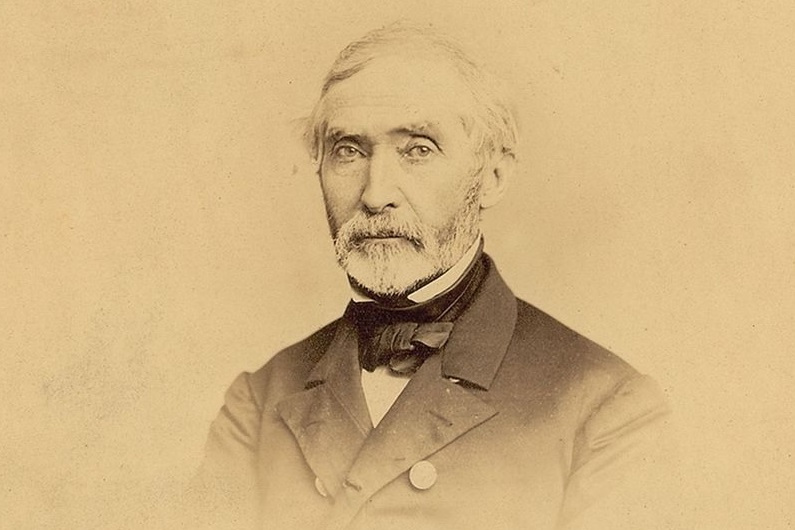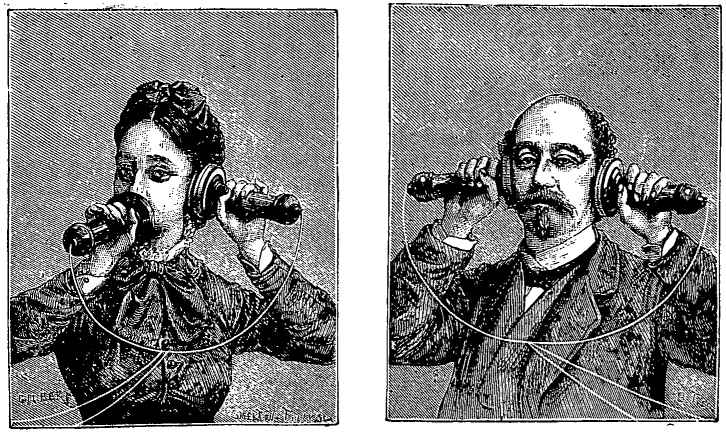My neighbor has been stealing my newspaper. And when I confront him, he apologizes with a sarcastic, condescending air, as if to say that he’s surprised I can read at all. I find it impossible to forgive him, but then I learn that he’s about to lose his job. He’s an aging executive with a large family to support, and I’m sure that this misfortune will soften his scorn and make him more sincerely apologetic. I decide to forgive him when all this happens.
This seems odd — if I’m sure that he’ll lose his job and express real contrition for stealing the paper, why do I have wait for this to happen? Why can’t I forgive him now?
Another twist: I learn that I (and only I) can save his job. This would amount to doing him a large favor, so I feel justified in withholding my help until I’ve forgiven him. But is this fair? Can I refuse to help him until I get a sincere apology, knowing that this will happen only after he loses his job?
Xanthippe is angry that Socrates is late, but she knows that he’ll apologize when she starts making dinner. Knowing this, can’t she skip the dinner and just forgive him? “In other words,” asks Tennessee State University philosopher James Montmarquet, “knowing that he would apologize, may she not still forgive him — having elected, for quite good reasons, not to allow conditions apt for his apology even to take place?”
(James Montmarquet, “Planned Forgiveness,” American Philosophical Quarterly 44:3 [July 2007], 285-296.)







